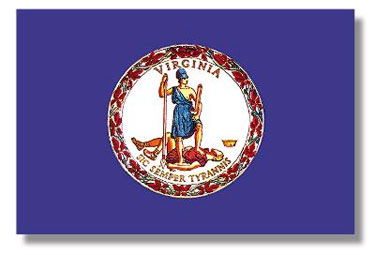
State qui tam laws enable states to recover money merely by having a qualifying state false claims law
Today’s post is the first of a two-parter that takes a look at the inner-workings of a multi-state qui tam case and, specifically, at a recent opinion from the U.S. District Court for the Eastern District of Pennsylvania. The Court’s opinion in UNITED STATES OF AMERICA ex rel. DONALD R. GALMINES, et al. v. NOVARTIS PHARMACEUTICALS CORPORATION concerns an important procedural issue that can arise in multi-state actions and that, in turn, triggers a look at the state false claims act statutes passed by the several states.
But first we begin, as usual, with some background.
The Importance of Multi-state qui tam actions
As regular readers know, in the qui tam/false claims act world, much of the action today is in the health care context. The United States spends more money today on health care claims than it has ever spent, on anything, in the history of the United States. Actually, never mind the total amounts spent on health care — the New York Times estimated last week that $60 billion dollars is lost to false and/or fraudulent health care claims every year.
And lest anyone think that there is an easy solution, consider this — roughly 4.5 billion Medicare claims are adjudicated daily. That is 22.5 billion claims for payment each week.
Long story short, there is no solution to the problem of fraud on government health care programs. The very best we can do is to devise ways to contain the fraud and false claims. And hands down, the single best method to contain fraud and false claims on government health care programs is the federal false claims act. In that regard, the federal government has experienced unqualified success with the federal False Claims Act since the law was originally passed in 1863 and substantially revised in 1986.
But paying for health care is not the exclusive domain of the federal government. Each one of the 50 states administers some form of the Medicaid program, which provides health care to people who can’t afford it on their own – and the federal government picks up at least 50% of the tab for each state. So, with a large chunk of every state government’s health care budget coming from the feds, Congress determined that it would be a good idea to have each and every state pass a state false claims act. Under our system of laws, however, the federal government cannot require any state to pass a specific law. For this reason Section 1909 of the Deficit Reduction Act of 2005 creates a financial incentive for states to enact false claims legislation.
Not just any old false claims act will suffice — and Congress understood, perhaps based on its own experience, that the legislative process is inherently unpredictable, and it differs from state to state in its level of unpredictability. The very best states have a legislative process that is messy and disorderly, and some states have a legislative process that is full-on dysfunctional. So, for a State to qualify for this monetary incentive, the State law must meet certain requirements listed in section 1909 of the Act. DHHS-OIG has also published a memo to provide guidance to the states.
There are many reasons why it is a good idea for a state to have a state false claims act modeled on the federal False Claims Act, but chief among them is this – by requiring each state to have a false claims statute that meets certain standards, multi-state qui tam actions are facilitated. A qui tam relator is able to file his or her case in a U.S. District Court making claims for violations of the federal false claims act, and then include pendent state claims for each state in which a violation occurred.
Stay tuned for part two of this two-part post, which focuses on the opinion from the E.D. Pa….